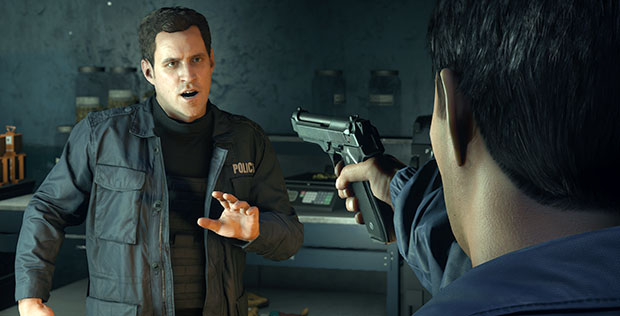
#WOT I THINK SID MEIERS STARSHIPS FULL#
For example, during the unsentimental, materialist 1980s, the last full decade before our virtual online existences started to compete with our flesh-and-blood reality, the Titanic was discussed primarily as a thing, to be found, probed, and perhaps even raised above the waves once again. Just as many historical novels have more to tell us about the times in which they were written than the times they allegedly chronicle, the lens through which we view the Titanic has been as much a mirror we hold up to our contemporary selves as a window into the past.

The sinking of the brand-new, “unsinkable” luxury liner the Titanic following a collision with a North Atlantic iceberg on the night of April 14, 1912, is the delicious tragedy that we just can’t seem to let go of, an irresistible mixture of symbolism, theme, romance, pathos, mystery, and heroism to which we keep returning over and over.

So, please indulge me now in a case study about how changing fashions in the way we view one of the most enduring mytho-historical tropes of modern culture impacted games. But another reason, which is no less defensible, is that they give us a chance to become time travelers in a more impersonal sense, by giving us a direct pipeline to a receding past. (This last has barely begun to happen at the point in history we’ve reached now, more than ten years into this project, but rest assured that the “gamefication” of everyday life is not that far away.) There are many reasons to play old games, the most popular ones being simply because they’re fun on their own merits and because of the warm and fuzzy feelings of nostalgia they invoke in us folks of a certain age. In short, I’ve always wanted to understand how outside culture bleeds into the seemingly insular world of gaming, and how gaming has left its mark on the world outside its boundaries. I’m not sure that I’ve always kept that promise on an article-by-article basis, but I have always tried to keep one eye at least on the bigger picture, to give this site some credibility as a broad cultural history rather than just a catalog of neat games that appeared down through time - not that it hasn’t also been the latter, of course. When I realized a decade or so ago that I had somehow stumbled into writing a broad, encompassing history of computer gaming, I promised myself that I would try to bring out connections like these whenever possible. Tolkien had never written The Lord of the Rings, or if George Lucas had never made Star Wars? But it’s the subtler influences that I find most interesting to ferret out - like, for instance, the way that techno-thriller author Tom Clancy’s brand of American military triumphalism fed into the combat simulations made by companies like Microprose, which at times commanded a quarter or more of the overall computer-gaming market during the 1980s and 1990s. (For much of gaming history, these people have been mostly young white and Asian men from fairly privileged socioeconomic circumstances, which, needless to say, has had its own impact on the types of games that exist and the subjects they tackle.) Sometimes the pop culture that influences games is so blindingly obvious that we almost can become blind to it: what would digital games be today if Gary Gygax and Dave Arneson had never invented the tabletop game of Dungeons & Dragons, or if J.R.R. The ideas and influences that are turned into games come from all over the place, being reflections of the societies that surround them and the interests of the people who make them. What such articles sometimes lose sight of, however, is a broader cultural context that’s to be found beyond the permeable borders of the gaming ghetto. I’ve written plenty of such articles in the past, and will doubtless write plenty more of them in the future. You all know the recipe for such articles: start with a discrete classic (or occasionally infamous) game, add a narrative of who made it and how they did so, pour in an evaluation of its merits and demerits, and season the final concoction with a description of its place in the evolution of gaming in general.

People like me tend to rely, perhaps a bit too much, on what I sometimes call the cataloging approach to gaming history. This truth ought to be self-evident, but it’s often lost in histories of gaming.


 0 kommentar(er)
0 kommentar(er)
